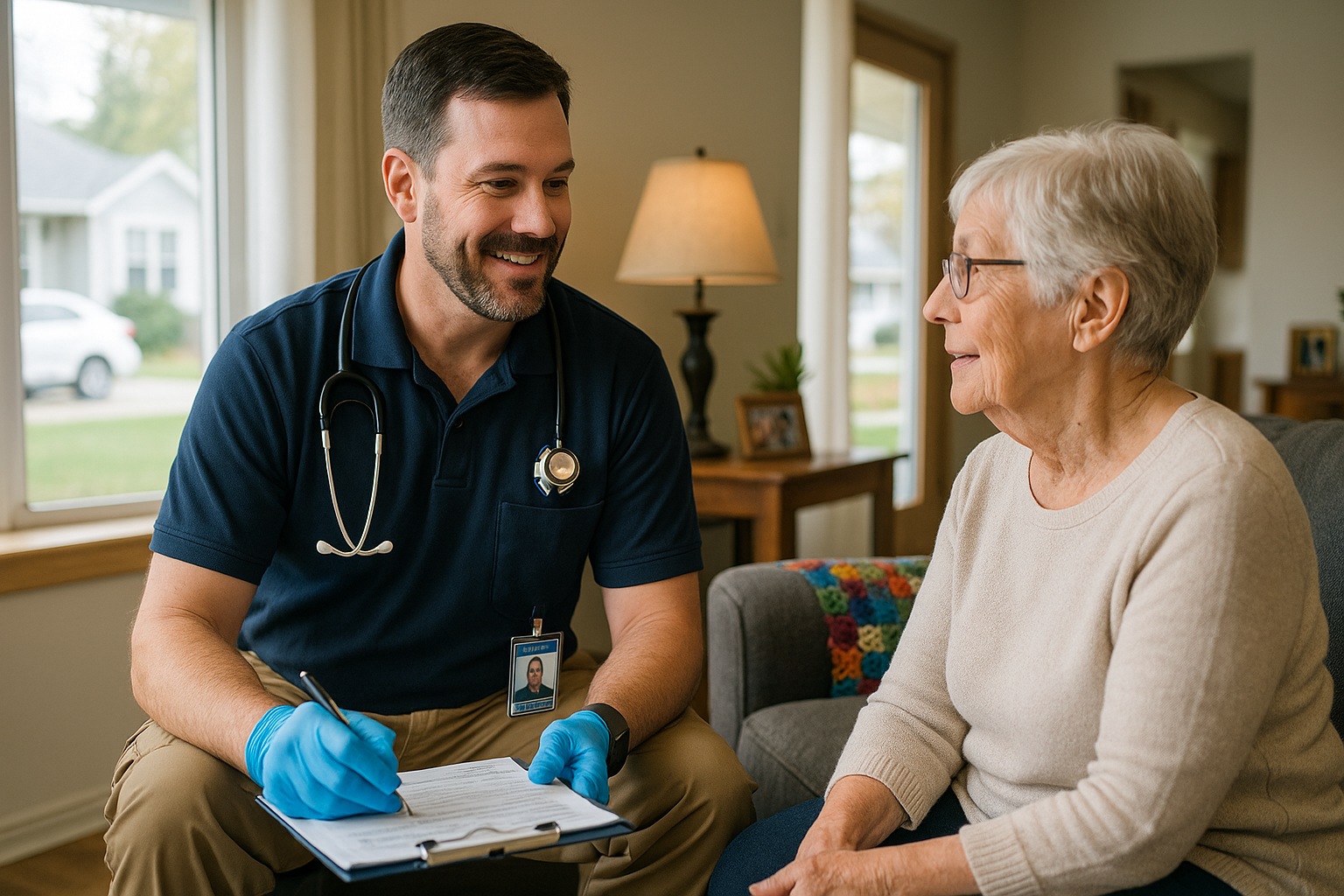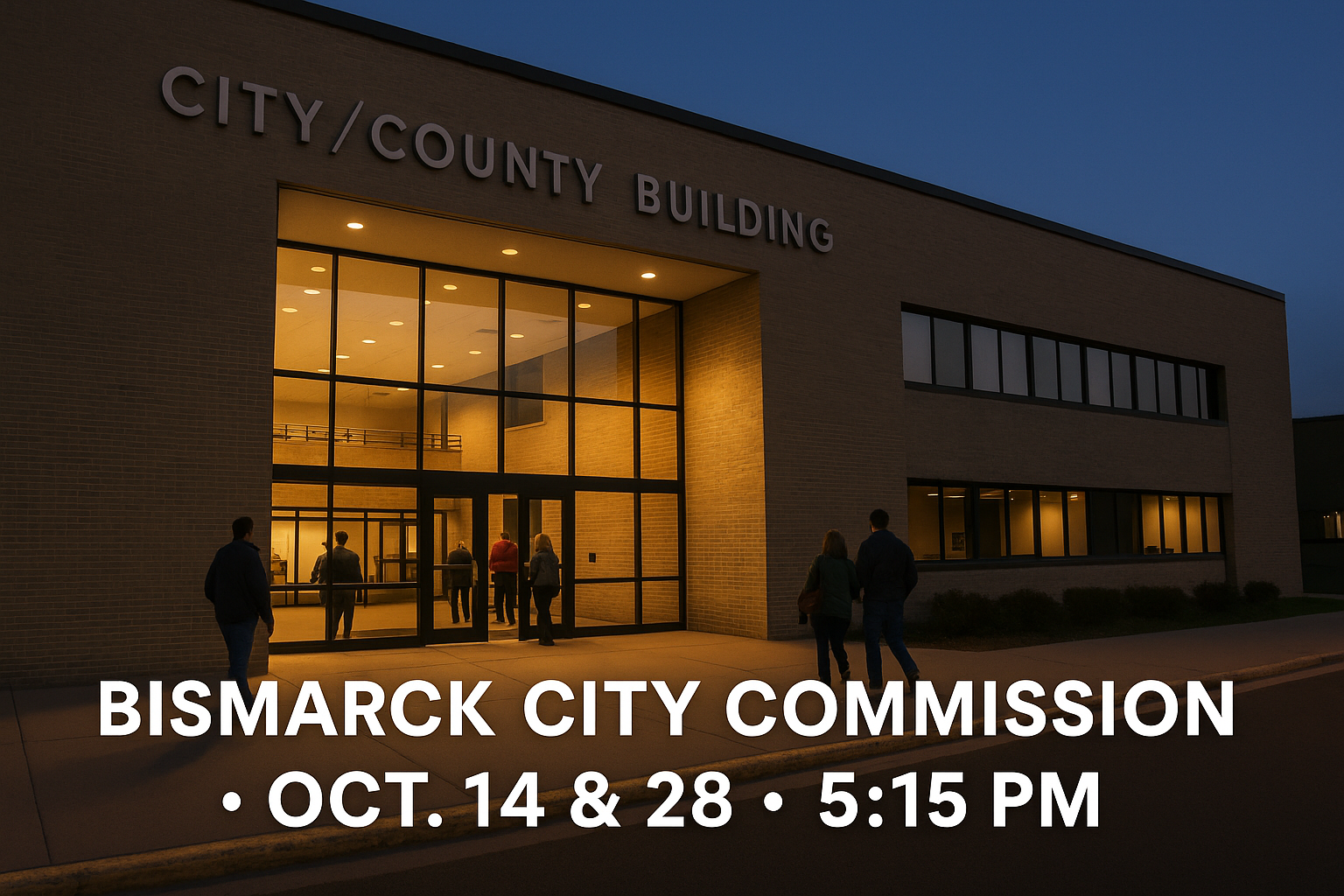Beginning October 1, 2025, North Dakota’s Medicaid program will stop imposing expiration dates on services by community health workers and community paramedics, ensuring these critical responders continue to be reimbursed indefinitely. This change is expected to improve health access — especially in and around Bismarck and rural Burleigh County.
This update stems from a state plan amendment approved by North Dakota Health & Human Services.
Previously, coverage for community health worker (CHW) and paramedic services via Medicaid had built-in end dates, limiting consistent support in underserved areas.
The change signals a larger move to strengthen rural health infrastructure, which dovetails with ongoing efforts in the state to secure federal funding for rural health programs.
For Bismarck and surrounding Burleigh County, the implications are tangible:
Community health workers can more reliably deliver home visits, chronic disease check-ins, and referrals without fear of coverage cutoff.
Paramedics operating in outlying townships, ranch areas, and county roads may now receive Medicaid reimbursement for preventative or follow-up calls.
Local healthcare systems (e.g. CHI St. Alexius Health Bismarck, the main hospital in Bismarck) may coordinate more directly with CHWs and paramedics for preventative care, reducing strain on emergency departments.
Additionally, on October 9, 2025, the state announced that the Community Health Worker Certification application is now available. That certifies practitioners to be eligible under Medicaid reimbursement rules.
As HHS put it, “Certification builds trust by ensuring these health professionals are well prepared to meet the needs of individuals and communities.” Health and Human Services North Dakota
“This opens doors for our community health teams in Bismarck to do follow-ups, home visits, education — without worrying about cutoffs,” says Sarah Jensen, a public health nurse at Bismarck-Burleigh Public Health.
State HHS officials say the expenditure increase is estimated to be modest — around $20,000 for the first 12 months statewide.
Senator Brad Bekkedahl, chair of the Rural Health Transformation Committee, noted during a legislative meeting in Bismarck that new funding avenues are in alignment with these expansions. “We want to strengthen programs already in place,” he said.
However, some providers are waiting for finer details on reimbursements, operational protocols, and definitions of qualifying services.
If you receive Medicaid, services by community health workers or paramedics could now continue without an arbitrary cutoff.
Certified CHWs can now apply for recognition statewide, which supports stronger advocacy and service continuity in Bismarck neighborhoods.
Local clinics, public health programs, and hospitals may begin deploying more outreach via CHWs and paramedics, especially in underserved pockets around the city’s edge.
This Medicaid amendment is more than a technical tweak — it is a step toward sustained local care in Bismarck and beyond. By removing artificial cutoffs and establishing certification, the state empowers community health and paramedic professionals to maintain consistent, preventative, and follow-up services. Over time, this can reduce emergency pressure, improve chronic care, and close care gaps in both city and rural areas.


